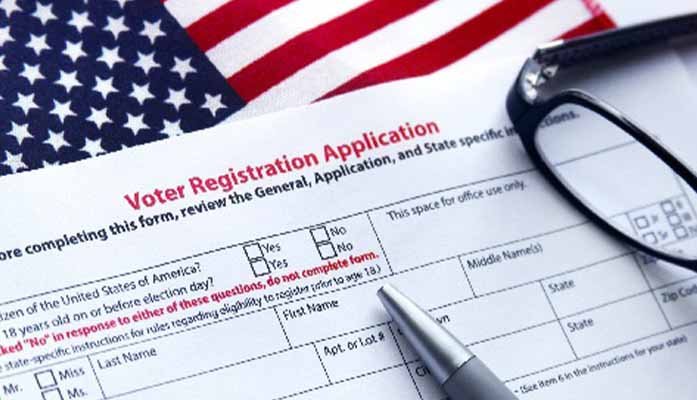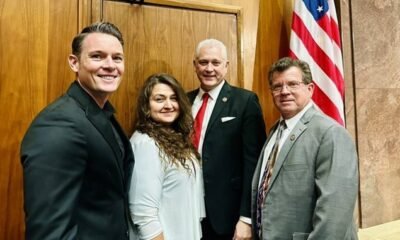Home Page Top Story
Ninth Circuit Overturns Arizona’s Citizenship Proof Mandate in Surprising Reversal

By Staff Reporter |
The Ninth Circuit Court of Appeals has reversed a ruling made by its motions panel regarding Arizona’s requirement for proof of citizenship in voter registrations. Two weeks ago, the court had allowed the state to implement this requirement. Now, voter registration forms in Arizona can be accepted without proof of citizenship, maintaining the protocol in place since the LULAC Consent Decree eight years ago.
The LULAC Consent Decree originated from a lawsuit challenging Arizona’s documentary proof of citizenship (DPOC) requirements. Under this agreement, the state agreed to register applications without DPOC as federal-only voters. With court approval, the consent decree holds the same weight and enforceability as a final judgment.
The Supreme Court ruled in 2013 that the National Voting Rights Act (NVRA) prevents Arizona from requiring DPOC for voters using the federal registration form. In the case of Mi Familia Vota v. Fontes, the Ninth Circuit sided 2-1, noting that the motions panel failed to account for the potential confusion and chaos that the legislation, ARS 16-121.01(C), could cause.
The court emphasized that the new DPOC requirement disrupted the status quo, particularly affecting voter registration close to the primary election and amidst preparations for the upcoming elections. The panel’s decision to enforce DPOC was described as a “manifest injustice” to both voters and election officials.
The Ninth Circuit highlighted that the DPOC requirement placed election officials in a challenging position. They had to choose between violating state law, a class 6 felony, or breaching the consent decree, a class 2 misdemeanor. This conflicting situation was deemed a “manifest injustice” by the court.
Additionally, the ruling noted that the DPOC requirement led to inconsistency in how voter registration applicants were treated based on the form they used. This inconsistency could deter eligible voters from participating due to the confusing regulations.
The court affirmed that the ruling would stand unless the LULAC Consent Decree was altered or annulled. They dismissed contentions that the DPOC requirement’s removal would cause irreparable harm to the Republican National Committee or its advocates.
Despite the ruling, legal representatives defending the DPOC mandate plan to file an emergency petition with the Supreme Court in the upcoming week, according to AZ Free News.
Judge Patrick Bumatay, the sole dissenting voice, argued that the reconsideration of the motions panel’s decision was an irregular and disfavored act. He maintained that the involved parties had demonstrated a likelihood of success and irreparable harm.
Bumatay expressed concerns over separation of powers, arguing that the LULAC Consent Decree should not bind the Arizona legislature indefinitely. He contended that the NVRA does not override the state’s DPOC requirement and warned of the state’s statutory authority facing irreparable harm.
He further stated that the outcome had more to do with the procedural randomness than the merit of the case itself. The decision boiled down to a split within the Ninth Circuit, where procedural luck dictated the outcome.


















